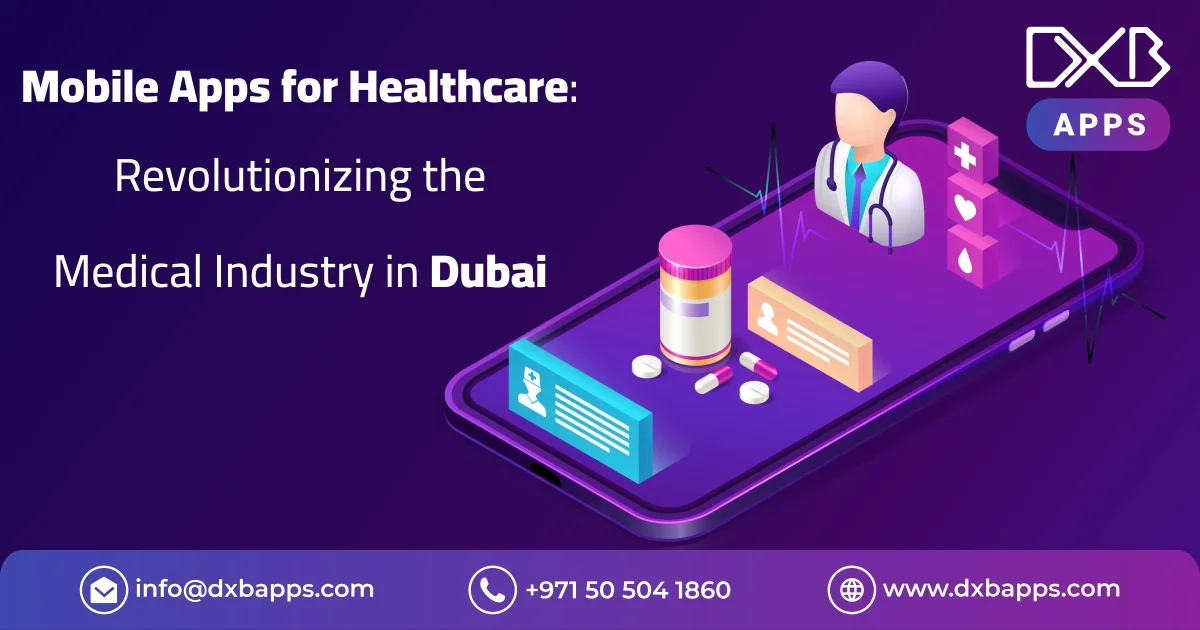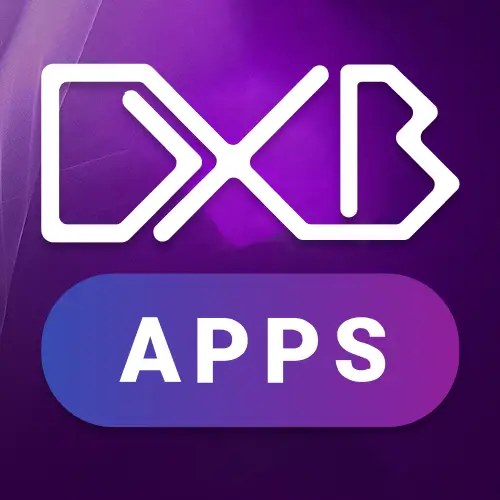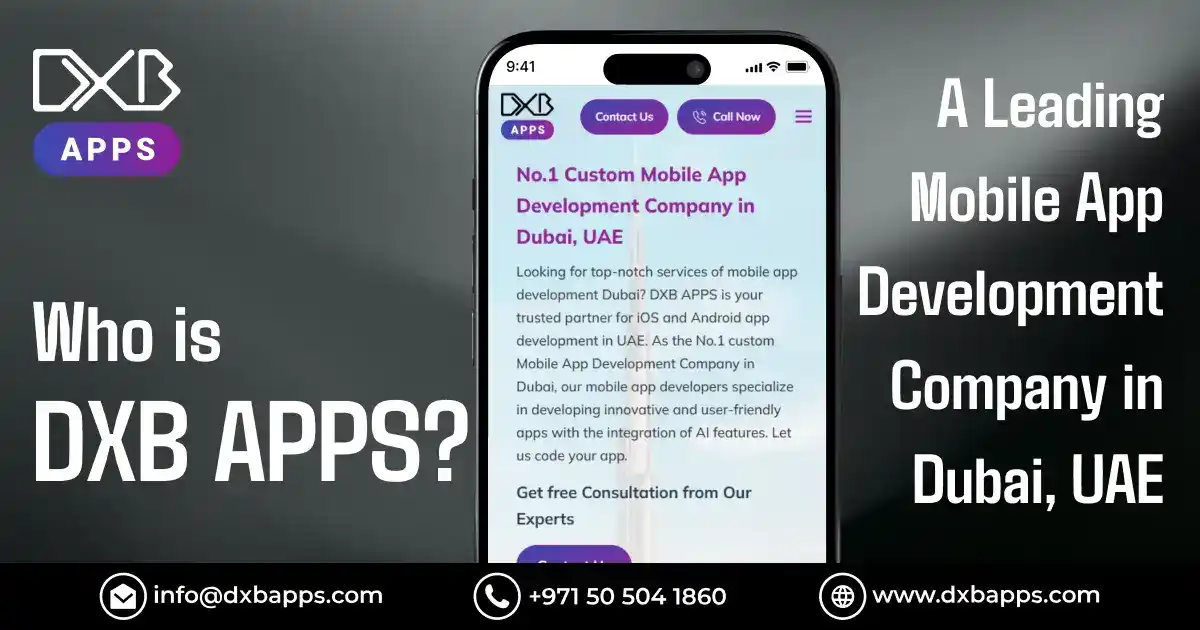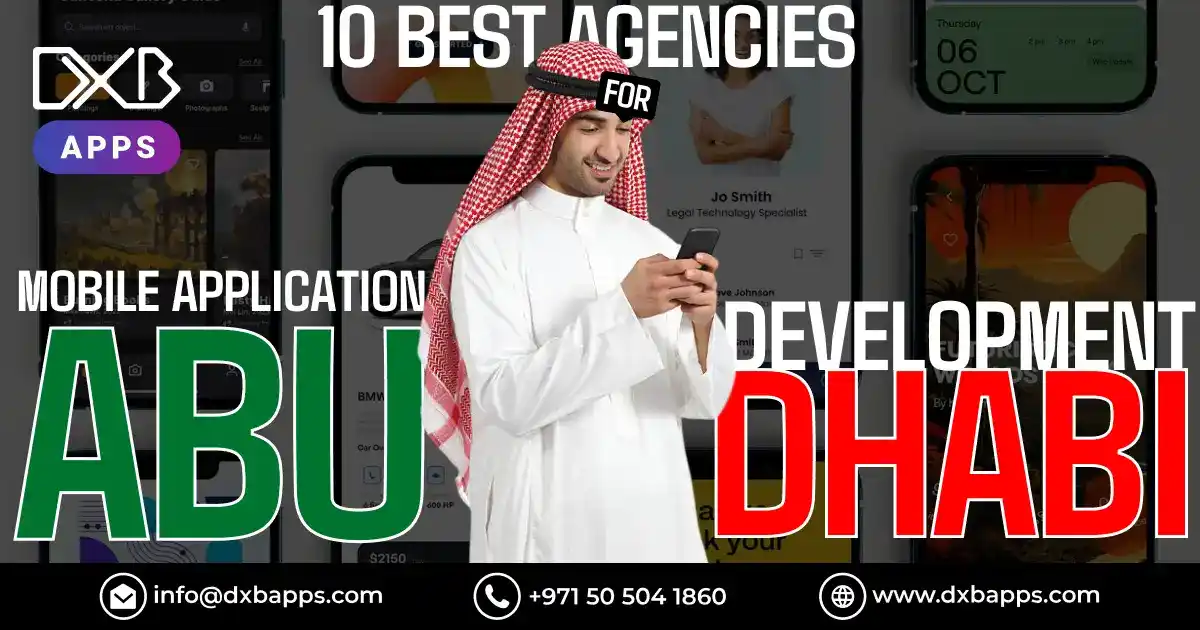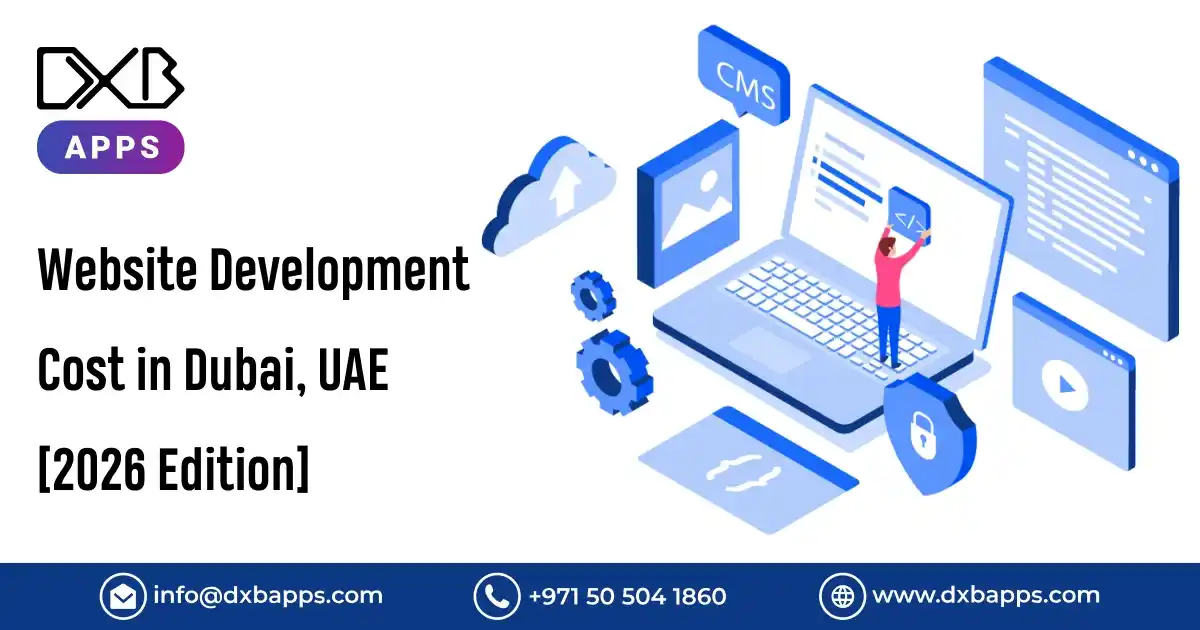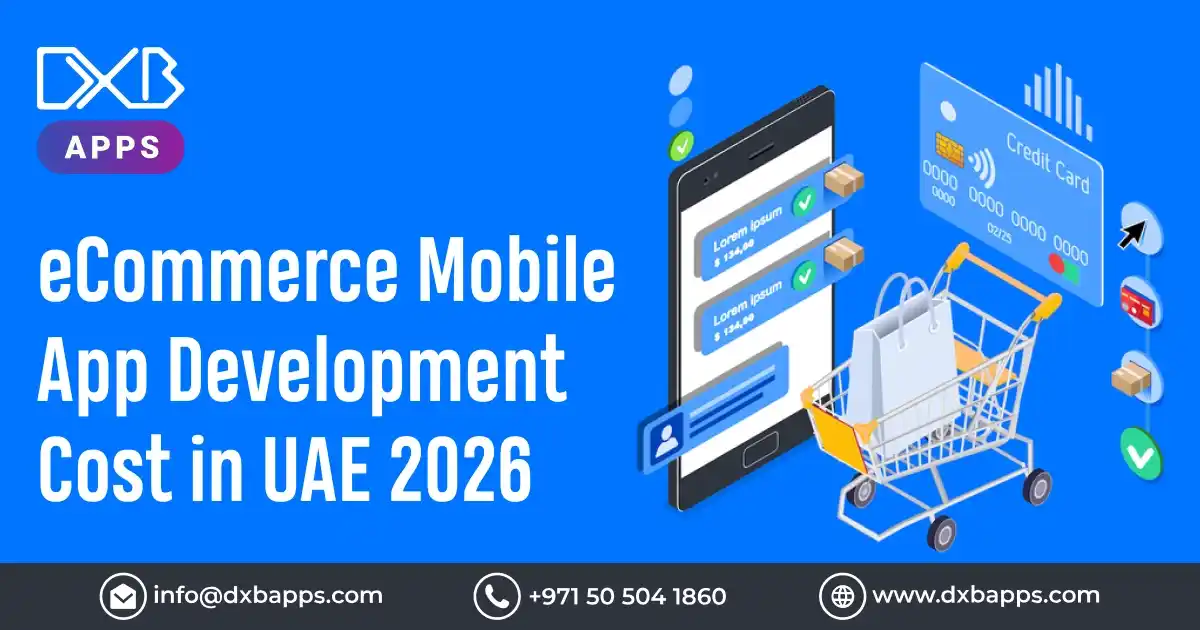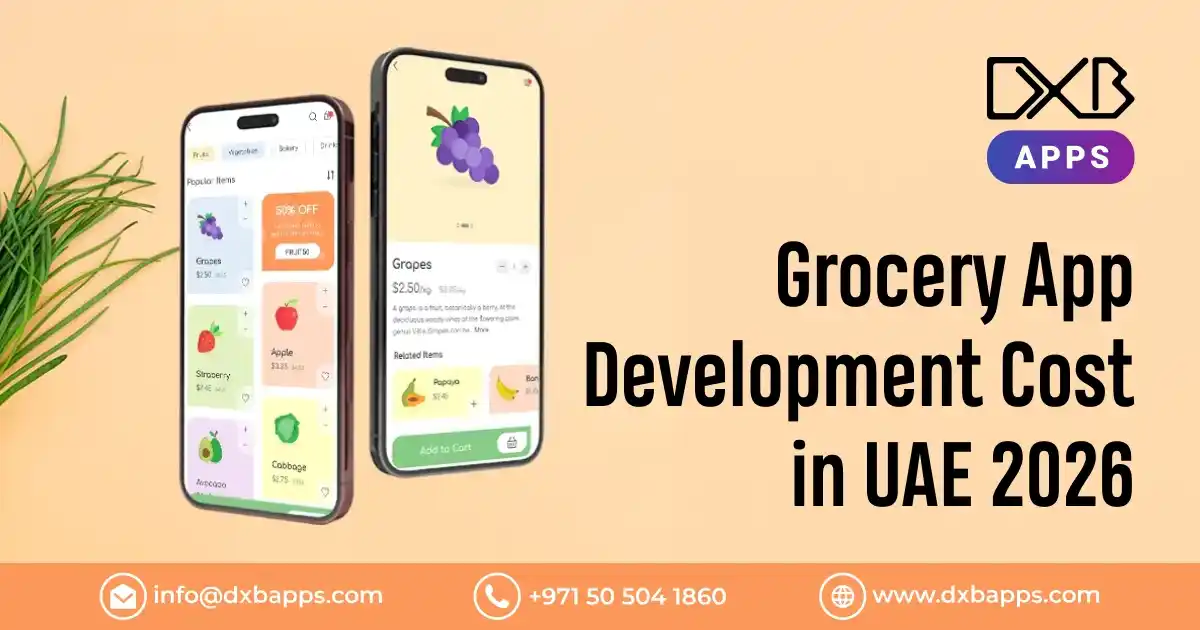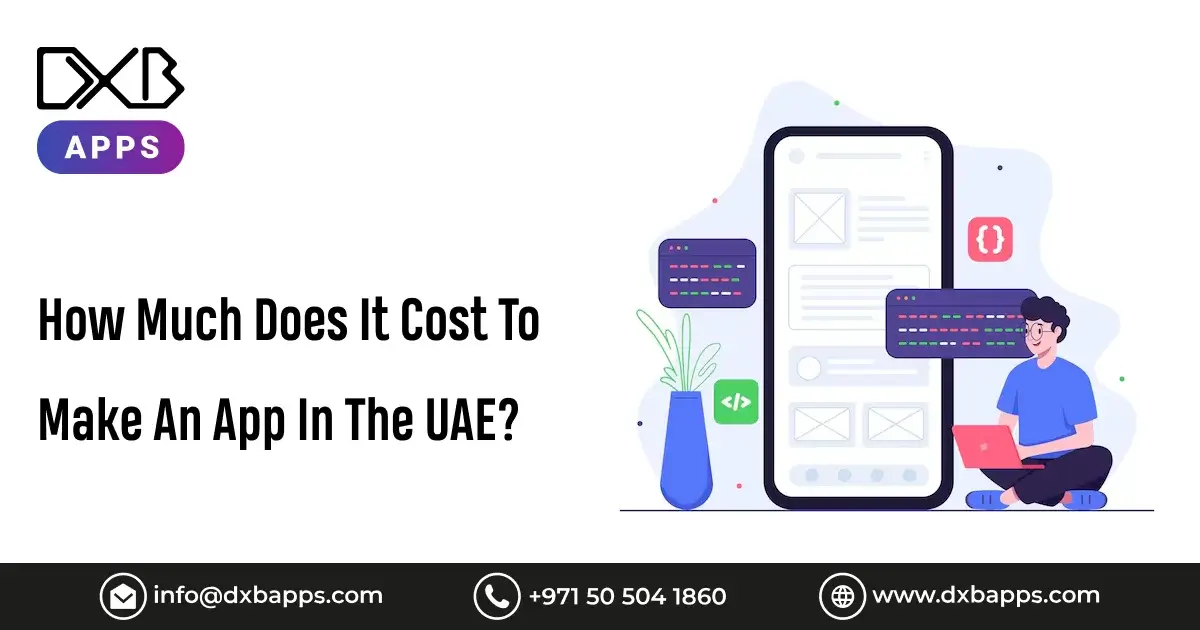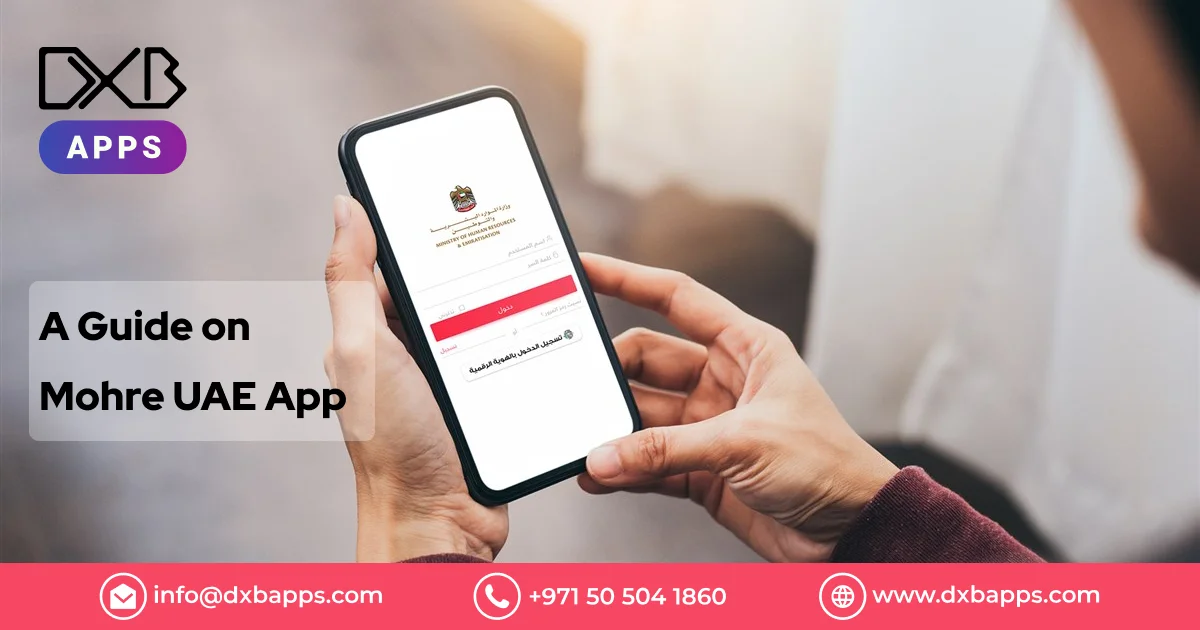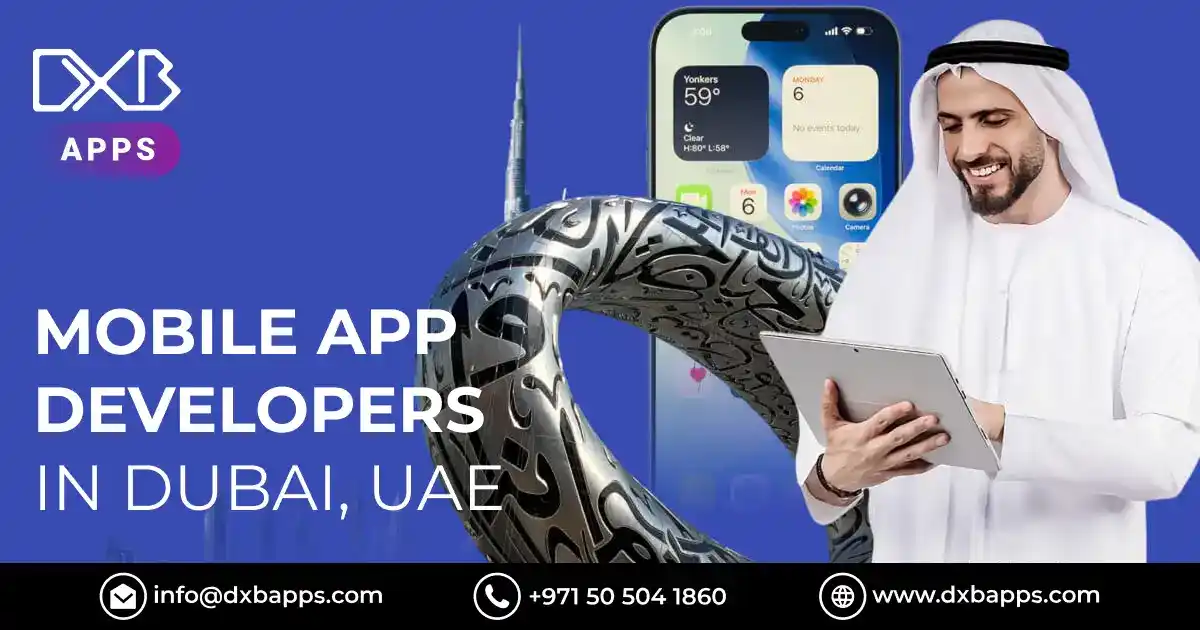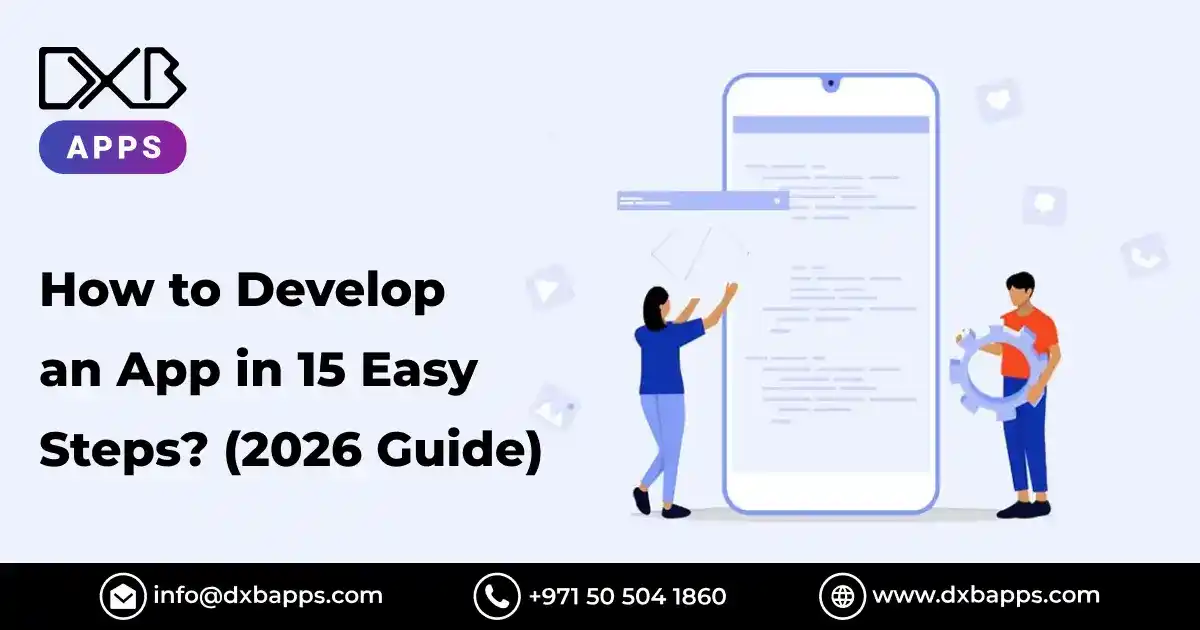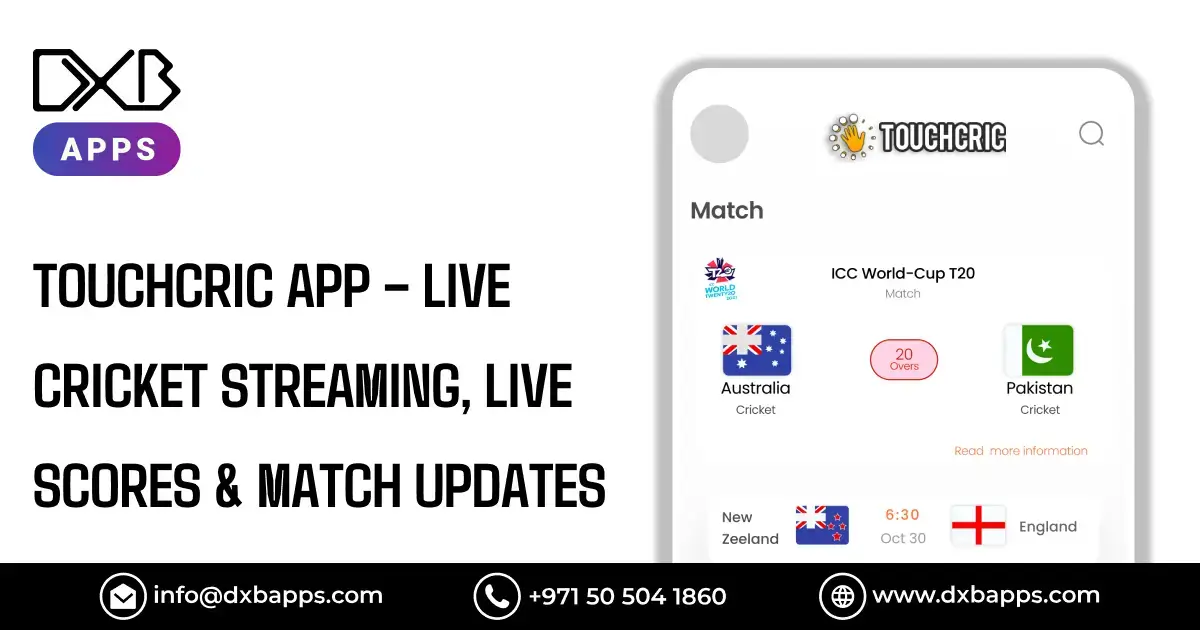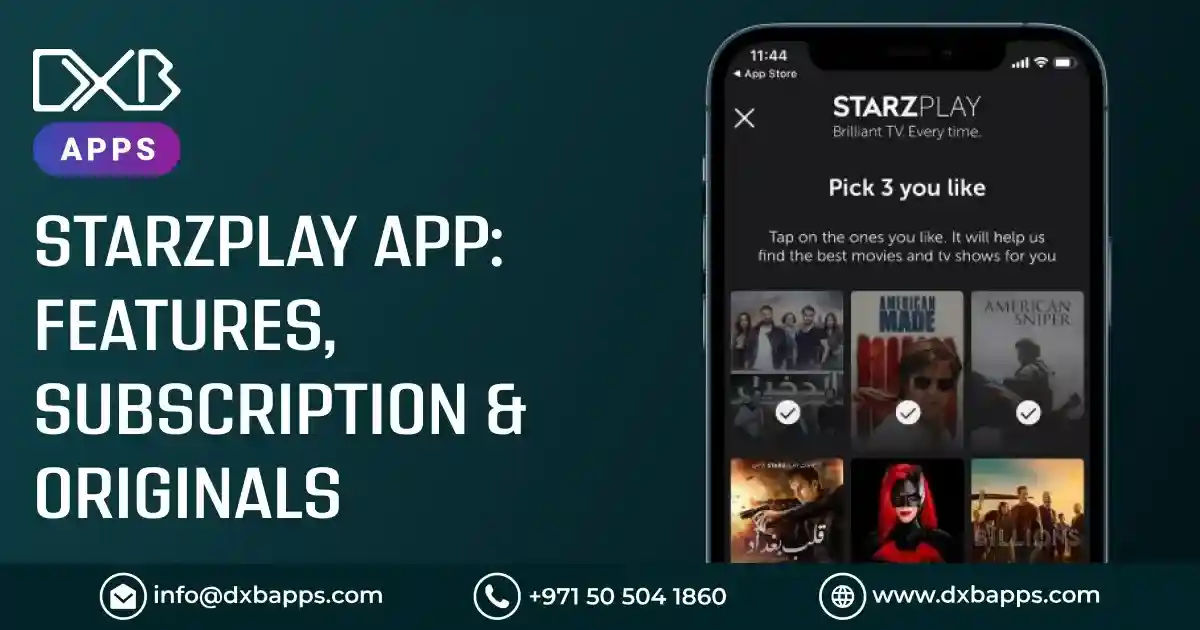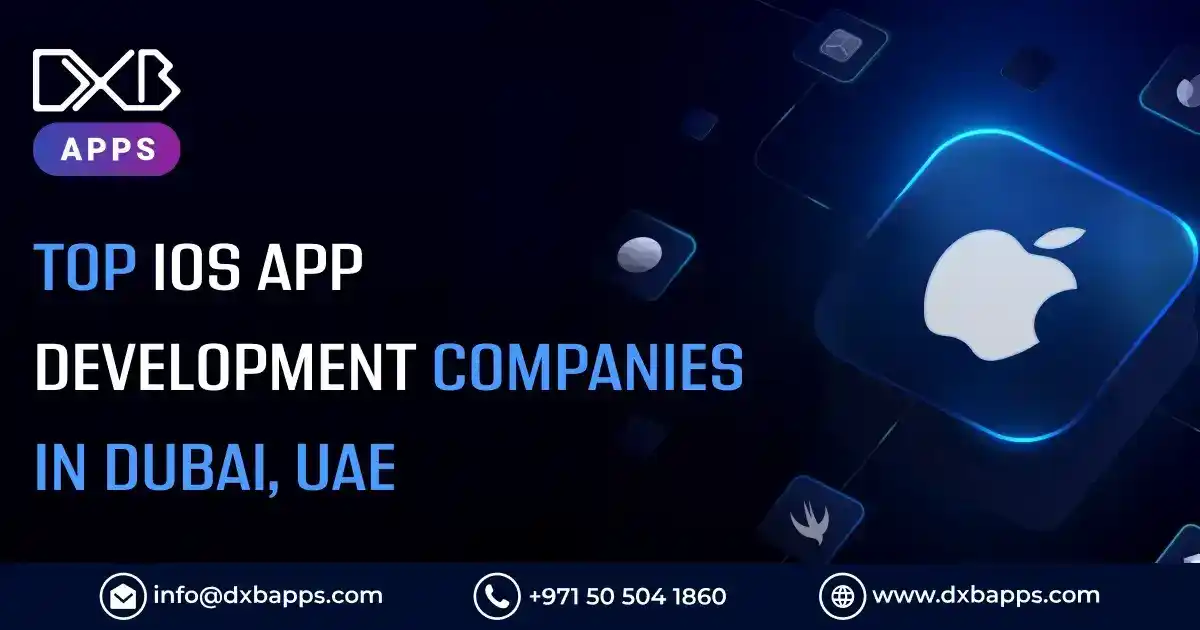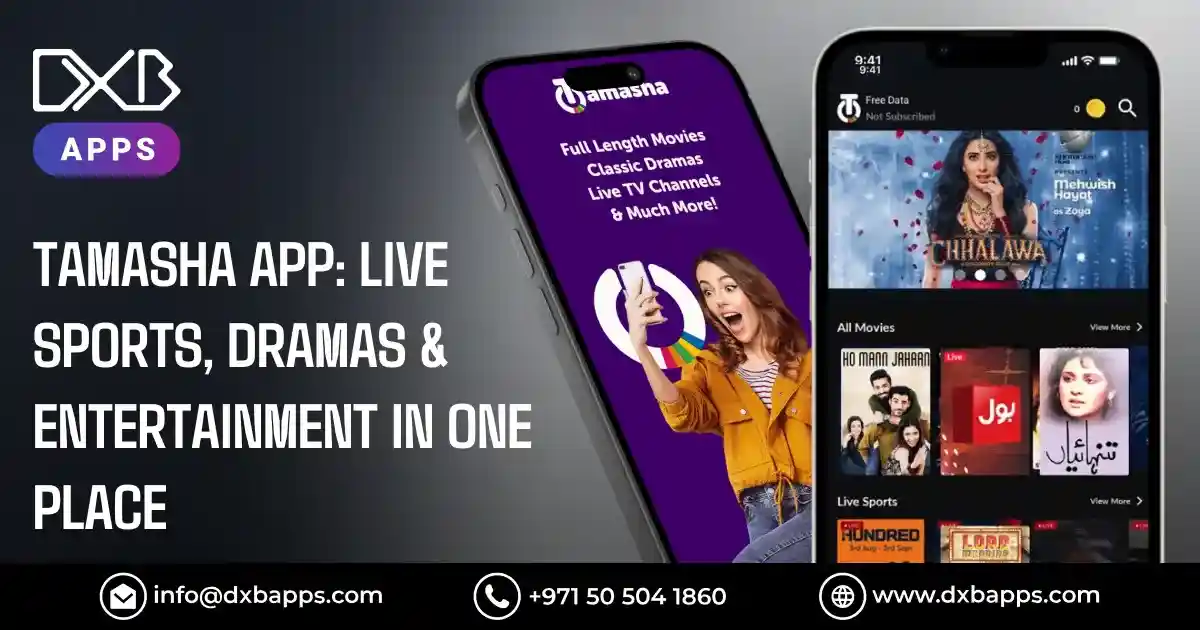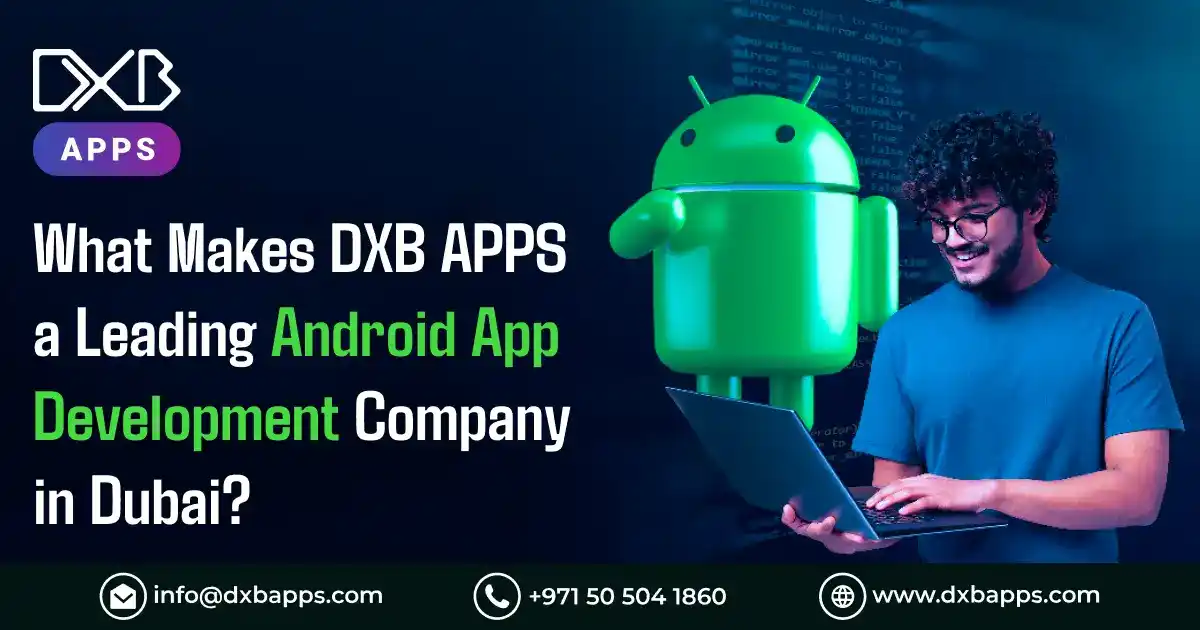Are you a healthcare industry professional looking for reliable and feature-rich healthcare mobile apps? In today's technologically advanced world,
mobile app development has revolutionized the medical industry, providing innovative solutions to enhance patient care, streamline processes, and improve overall efficiency. This article explores the significant impact of mobile app development in Dubai's healthcare sector, focusing on its benefits, applications, and the leading mobile app development companies in the region.
In recent years,
mobile app development has transformed the healthcare landscape, offering immense potential for improving patient outcomes and streamlining healthcare processes. The use of mobile apps in the medical industry has gained traction globally, including in Dubai, where advancements in technology are rapidly changing the way healthcare services are delivered.
2. Benefits of Mobile App Development for the Healthcare Industry
Mobile app development has brought forth numerous benefits for the healthcare industry, catering to the evolving needs of both healthcare professionals and patients. Some key advantages include:
2.1 Enhanced Patient Care through Mobile Apps
Mobile apps empower patients by providing them with easy access to healthcare services and resources. Through these apps, patients can schedule appointments, access medical records, receive personalized health recommendations, and even engage in telemedicine consultations. By enabling patients to take a proactive role in managing their health, mobile apps contribute to improved patient engagement and satisfaction.
2.2 Streamlining Administrative Processes with Mobile Apps
Mobile apps simplify administrative tasks for healthcare providers, reducing paperwork, and enhancing operational efficiency. Functions like appointment scheduling, billing, and electronic medical records management can be seamlessly integrated into a mobile app, saving time and resources. These streamlined processes enable healthcare professionals to focus more on patient care.
2.3 Improving Communication and Collaboration
Mobile apps facilitate efficient communication and collaboration among healthcare teams. Features such as secure messaging, real-time notifications, and shared calendars enable seamless coordination and information exchange. By breaking down communication barriers, healthcare providers can deliver better-coordinated care, resulting in improved patient outcomes.
2.4 Ensuring Data Security and Privacy
Data security and privacy are critical considerations in healthcare mobile app development. Adhering to stringent security protocols and regulations ensures the confidentiality and integrity of patient information. Features like secure user authentication, data encryption, and regular security audits are implemented to safeguard sensitive healthcare data.
3. Enhancing Patient Care through Mobile Apps
Mobile apps play a pivotal role in enhancing patient care and empowering individuals to actively manage their health. These apps offer a range of features designed to improve patient outcomes and overall well-being. Let's explore some of the key functionalities:
3.1 Health Monitoring and Tracking
Mobile apps enable users to monitor and track various health parameters, such as blood pressure, heart rate, sleep patterns, and physical activity. By collecting and analyzing this data, patients can gain valuable insights into their health status, helping them make informed decisions about their lifestyle and treatment plans.
3.2 Medication Reminders and Adherence
Medication non-adherence is a common challenge in healthcare. Mobile apps provide personalized medication reminders and alerts, ensuring patients take their prescribed medications on time. These reminders can be accompanied by educational resources and instructions to promote better medication adherence.
3.3 Telemedicine and Virtual Consultations
Telemedicine has gained significant popularity, especially in the wake of the COVID-19 pandemic. Mobile apps facilitate virtual consultations between patients and healthcare providers, enabling remote diagnosis, monitoring, and follow-up care. This approach enhances access to healthcare services, particularly for individuals with limited mobility or residing in remote areas.
Mobile apps serve as a valuable source of health education and information. Users can access a vast repository of articles, videos, and interactive content related to various medical conditions, preventive measures, and healthy lifestyle choices. This knowledge empowers patients to make informed decisions about their health and well-being.
4. Streamlining Administrative Processes with Mobile Apps
In addition to enhancing patient care, mobile apps streamline administrative processes, making healthcare delivery more efficient. Let's explore some of the key areas where mobile apps have made a significant impact:
4.1 Appointment Scheduling and Reminders
Gone are the days of manual appointment booking. Mobile apps enable patients to conveniently schedule appointments with healthcare providers. Automated reminders can be sent to patients, reducing no-shows and optimizing the utilization of healthcare resources.
4.2 Electronic Health Records (EHR) Management
Mobile apps provide a secure platform for managing electronic health records. Healthcare professionals can access patient information in real-time, enabling quicker and more accurate decision-making. Integration with other healthcare systems ensures seamless data exchange and interoperability.
4.3 Billing and Payment
Mobile apps simplify the billing and payment process, eliminating the need for manual paperwork. Patients can view and pay their medical bills through the app, reducing administrative overhead for healthcare providers. This streamlined approach improves the financial management of healthcare organizations.
5. Improving Communication and Collaboration
Effective communication and collaboration among healthcare teams are essential for delivering quality care.
Mobile apps offer various features that facilitate seamless interaction and information exchange:
5.1 Secure Messaging and Notifications
Mobile apps enable secure messaging between healthcare providers, ensuring prompt and confidential communication. Additionally, real-time notifications can be sent to relevant team members, keeping everyone updated on critical patient information and tasks.
5.2 Shared Calendars and Scheduling
Shared calendars allow healthcare professionals to coordinate their schedules, ensuring efficient allocation of resources. By synchronizing appointments and tasks, mobile apps enable better collaboration and reduce scheduling conflicts.
Mobile apps provide a platform for sharing files, images, and medical reports among healthcare professionals. Collaborative tools, such as virtual whiteboards or annotation features, facilitate real-time discussions and interdisciplinary consultations.
6. Key Features of Healthcare Mobile Apps
Healthcare mobile apps incorporate various features to cater to the specific needs of healthcare professionals and patients. Here are some essential features commonly found in healthcare mobile apps:
6.1 Electronic Medical Records (EMR) Access
Mobile apps allow healthcare providers to access electronic medical records securely. They can view patient history, lab results, medication lists, and other relevant data, enhancing the accuracy and efficiency of clinical decision-making.
6.2 Appointment Booking and Reminders
Patients can easily schedule appointments with healthcare providers through the app. Automated reminders ensure patients don't miss their appointments, reducing no-shows and optimizing resource utilization.
6.3 Medication Tracking and Reminders
Mobile apps provide medication tracking and reminders, ensuring patients take their prescribed medications on time. This feature promotes medication adherence and reduces the risk of medication errors.
6.4 Telemedicine and Virtual Consultations
Telemedicine features enable virtual consultations between patients and healthcare providers. Video calls, secure messaging, and file sharing capabilities facilitate remote diagnosis, follow-up care, and patient monitoring.
6.5 Health and Wellness Monitoring
Health and wellness monitoring features allow users to track various health parameters, such as steps taken, calories burned, sleep quality, and heart rate. This data can be visualized over time, motivating users to adopt healthier lifestyle choices.
Healthcare apps provide a wealth of educational resources, including articles, videos, and interactive content on various health topics. Users can access reliable information and learn about preventive measures and self-care practices.
7. Future Trends in Healthcare Mobile App Development
-
Artificial Intelligence (AI) and Machine Learning (ML): AI and ML algorithms can analyze vast amounts of patient data, assisting in diagnosis, treatment planning, and predicting health outcomes.
-
Wearable Integration: Integration with wearable devices, such as smartwatches and fitness trackers, allows for real-time monitoring of health parameters and seamless data collection.
-
Internet of Medical Things (IoMT): The IoMT enables connected healthcare devices, allowing for remote patient monitoring, real-time data sharing, and proactive interventions.
-
Virtual Reality (VR) and Augmented Reality (AR): VR and AR technologies have the potential to revolutionize medical training, patient education, and surgical simulations.
-
Voice Recognition and Natural Language Processing: Voice-based interactions and natural language processing capabilities enhance the user experience and make healthcare apps more accessible.
8. Conclusion
Mobile app development has revolutionized the
healthcare industry in Dubai and beyond, offering innovative solutions to enhance patient care, streamline processes, and improve communication and collaboration. Healthcare mobile apps empower patients, improve administrative efficiency, and ensure data security and privacy. By leveraging the expertise of mobile app development companies in Dubai, healthcare professionals can harness the power of technology to provide reliable and feature-rich mobile apps that meet the needs of their patients.
Contact
DX Technologies, the leading mobile app development company in Dubai, and revolutionize your healthcare services with our cutting-edge app solutions. Reach out to us today to discuss your healthcare mobile app development needs and take your business to the next level.

